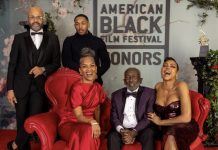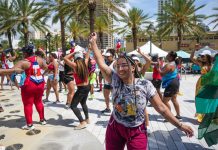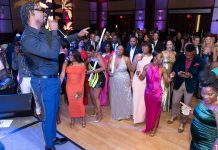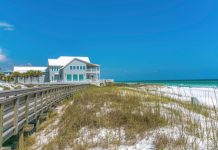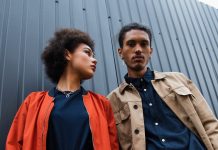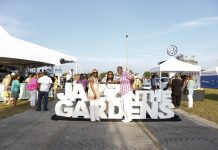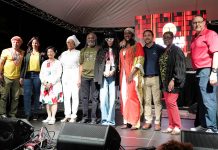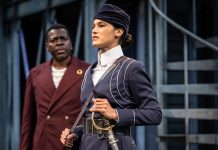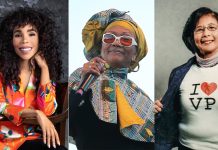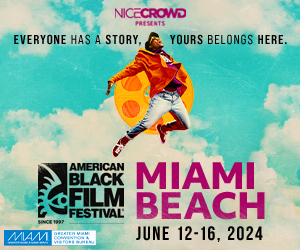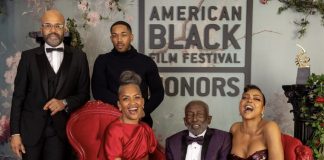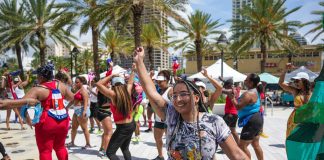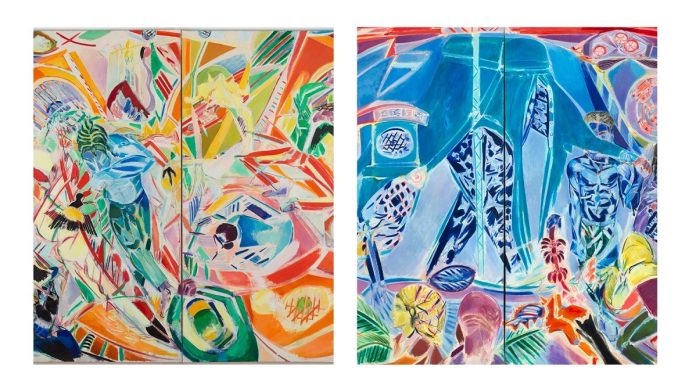
Denzil Forrester wants you to look at his paintings, feel like you can enter them and “walk into the dance hall.”
Color and movement blend with themes of dancehall music, Rastafarian faith and police brutality on his canvases. The Grenada-born Britton’s new exhibit is currently at the Institute of Contemporary Art, Miami (ICA Miami) in Denzil Forrester: We Culture. The collection features a comprehensive and in-depth overview of his works from his earliest years to his recent pieces.
Born in 1956 on the picturesque island of Grenada, Denzil Forrester was only three years old when his mother moved to London, leaving him, as so many did during that time, to be raised by trusted neighbors. In this case, “Ma Pets” and “Pa Clame,” the couple next door. Forrester stayed with the couple until the age of 7 when he joined his mum in Great Britain.
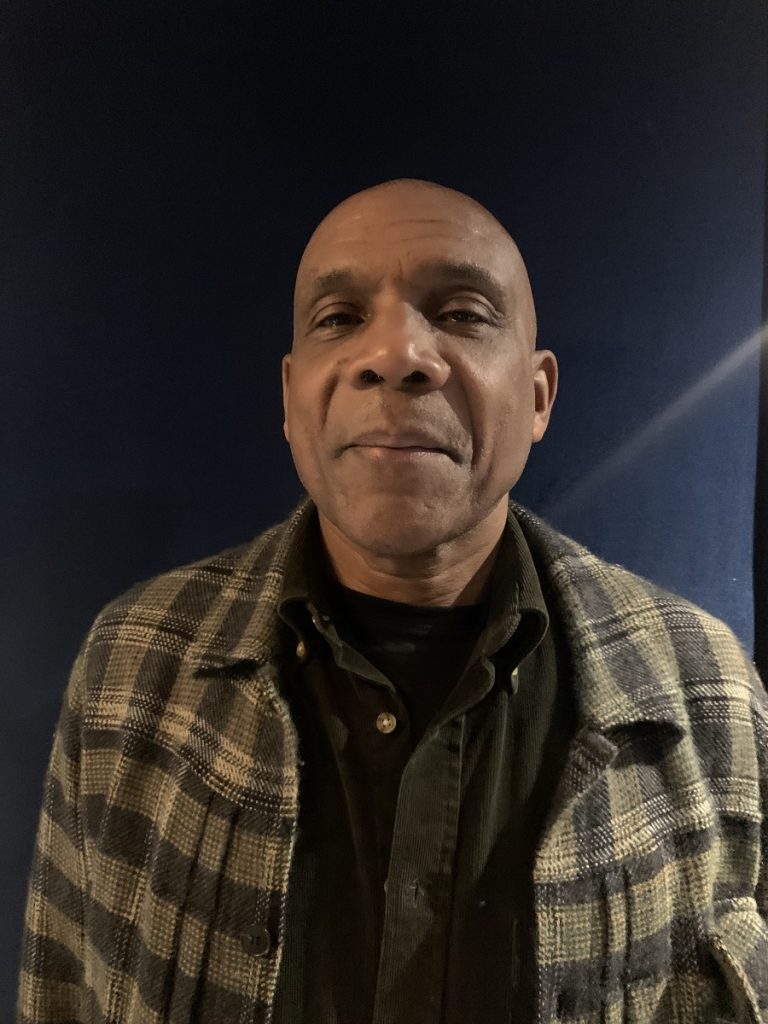
Forrester became interested in art at around 16 years old, with the outlet of painting providing him a comfortable way to express his feelings. He attended Central School of Art and Design, where he received guidance from helpful tutors and met like-minded people, such as his partner Phillippa and her father Alan Clayden, who ran an art studio nearby.
Childhood memories of Caribbean life remained with him, influencing his creative work. Color, movement, action and rhythm became signatures of his painting style. His bold fine art pieces depict the UK’s Black experience, exploring themes as different as night is from the day.
In 1980, he started visiting all-night clubs where reggae was the music genre of choice.
“The dub and reggae dancehall runs throughout my work,” Forrester shares. “Because I make most of my drawings in the clubs, the paintings are strongly influenced by the quick action of these sketches and my memories and feelings for those spaces. The nightclub is a place of joy and celebration with like-minded spirits – in a momentary trance of sound and movement.”
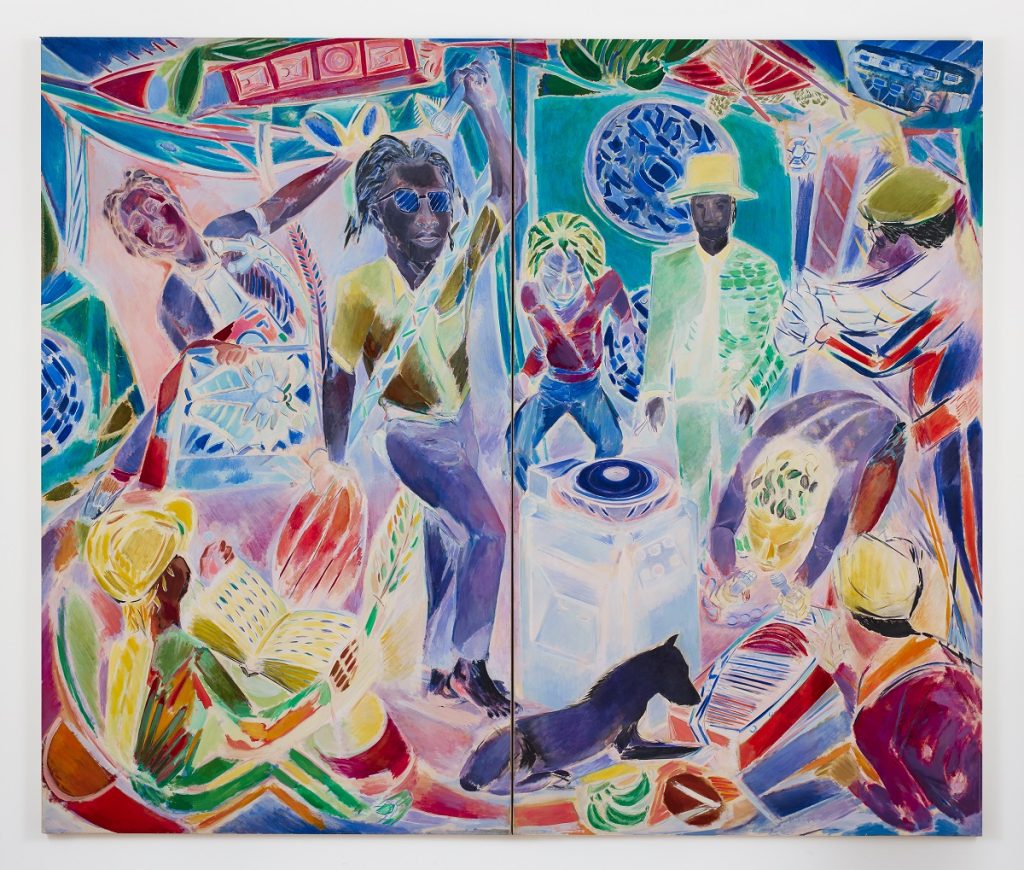
“I went to Kingston, Jamaica, in February to make drawings in the dancehalls for a series of new paintings. I’m getting excited about these.”
The growing presence of Rastafarian culture is also prominent in his art. The clubs he visited in London attracted many Rastafarians, and the sound of DJ Jah Shaka, which had a hypnotic, ancestral presence that made the audience feel purified, strong, and liberated, pulled Forrester in. “I was drawn to Shaka’s sound because he was doing something different in his creative performance. Shaka didn’t isolate himself from his audience. [He was] always performing on the dancefloor as a part of the crowd. He united people through sound.”
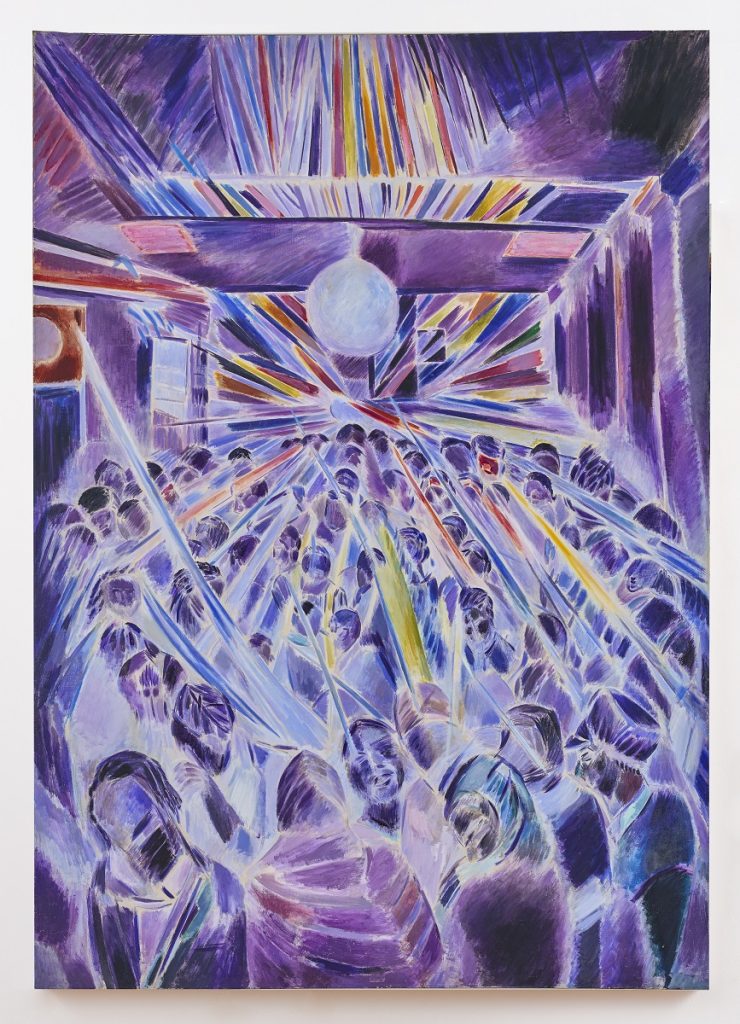
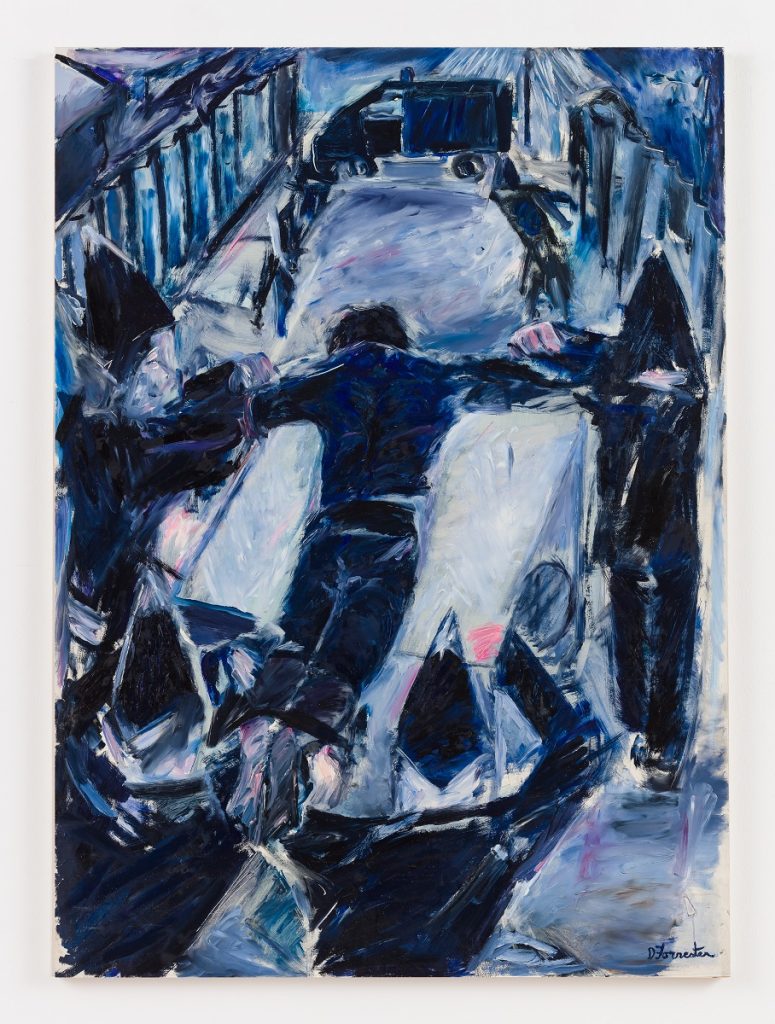
Forrester’s paintings, however, also explore the darker side of life for Black people in the UK. His friend, Winston Rose, lost his life at the hands of the police in 1981, and since then, police officers have become a recurring feature in Forrester’s work. His paintings show the violence of his friend’s experience, with works such as “Deado 2” and “Death Walk.”
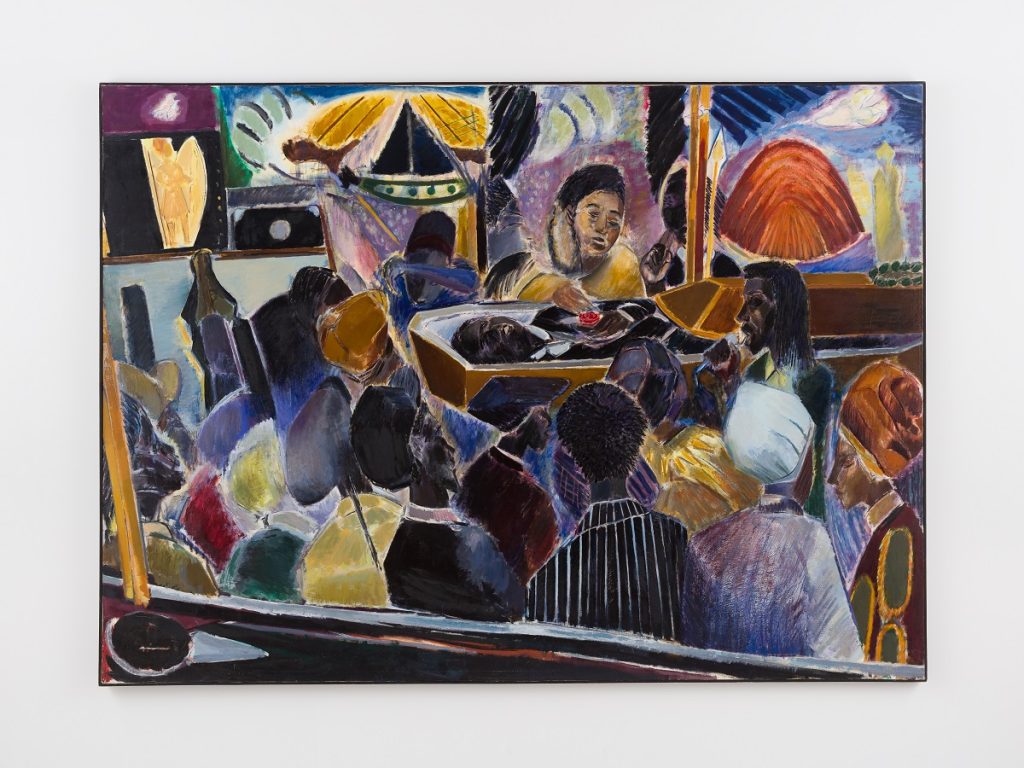
“These guardians of the law, who we pay to protect us, have been getting away with murder,” Forrester says. “I have painted them in the dark streets of London and New York, where Black men feel followed and watched.”
Over the years, his compositions have departed from the regular structure he is used to and are more colorful. And though they may not regularly make it into his work, memories of life in Grenada still call to mind images of “the Jab-Jab man, blackened to the hilt with the stale molasses, tar, grease, creosote or mud and other memories of Caribbean carnival.”
At his ICA Miami showing, Forrester hopes the audience will feel the sound, rhythm and color in his works.
Denzil Forrester: We Culture is open now until September 24, 2023. The second-floor exhibit also has a curated playlist of reggae roots music that builds on the club themes he paints.



